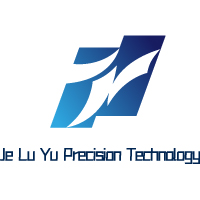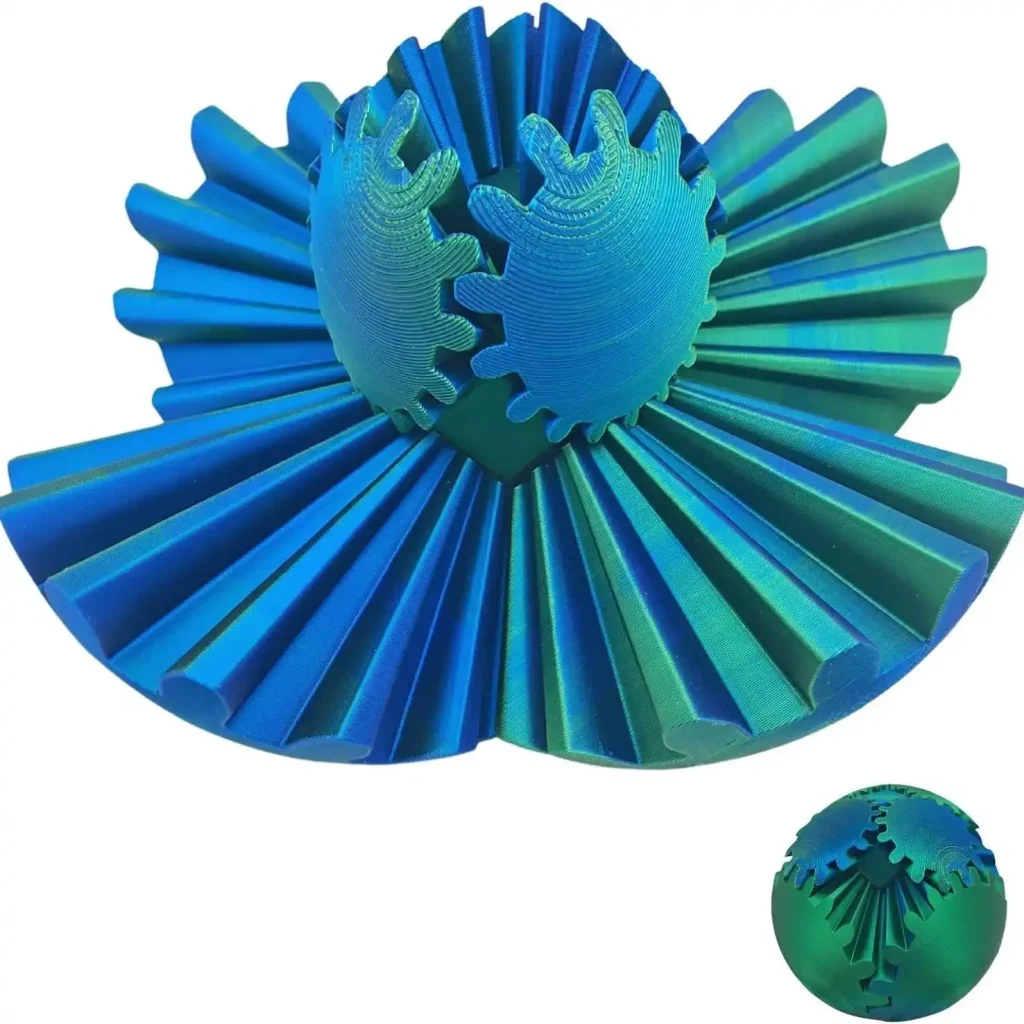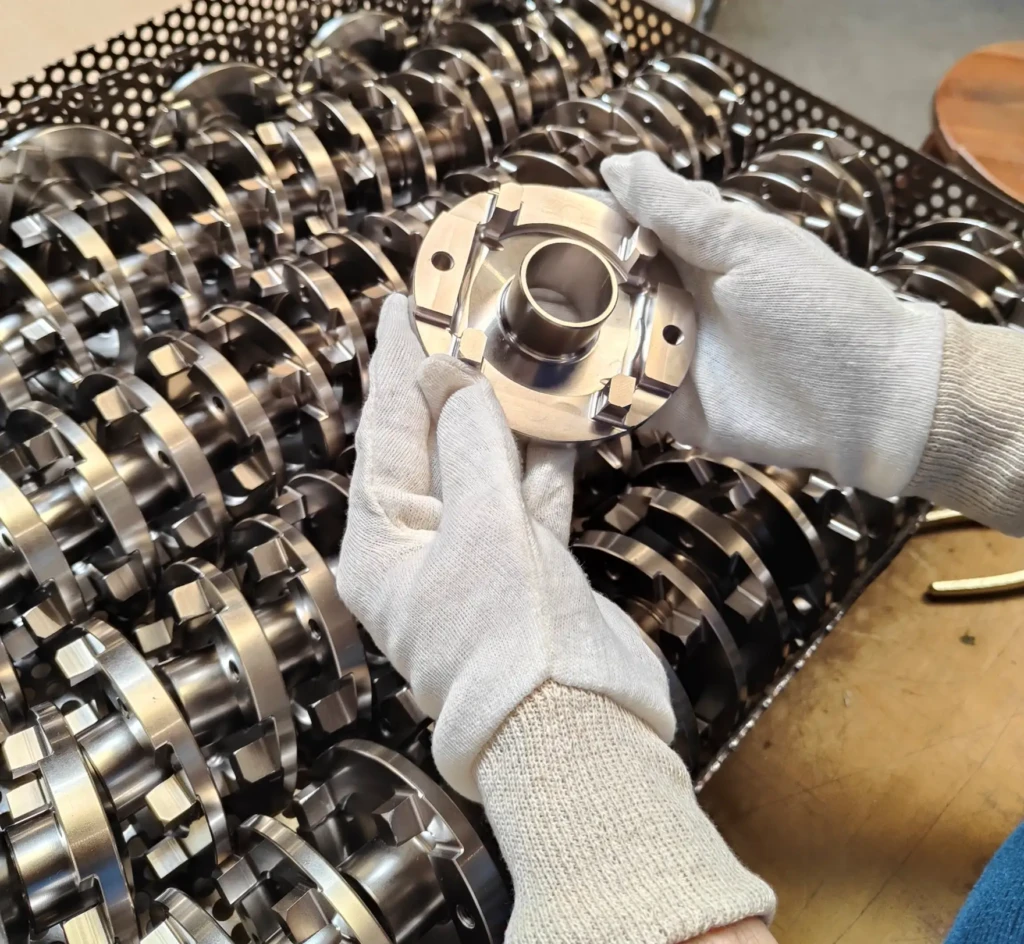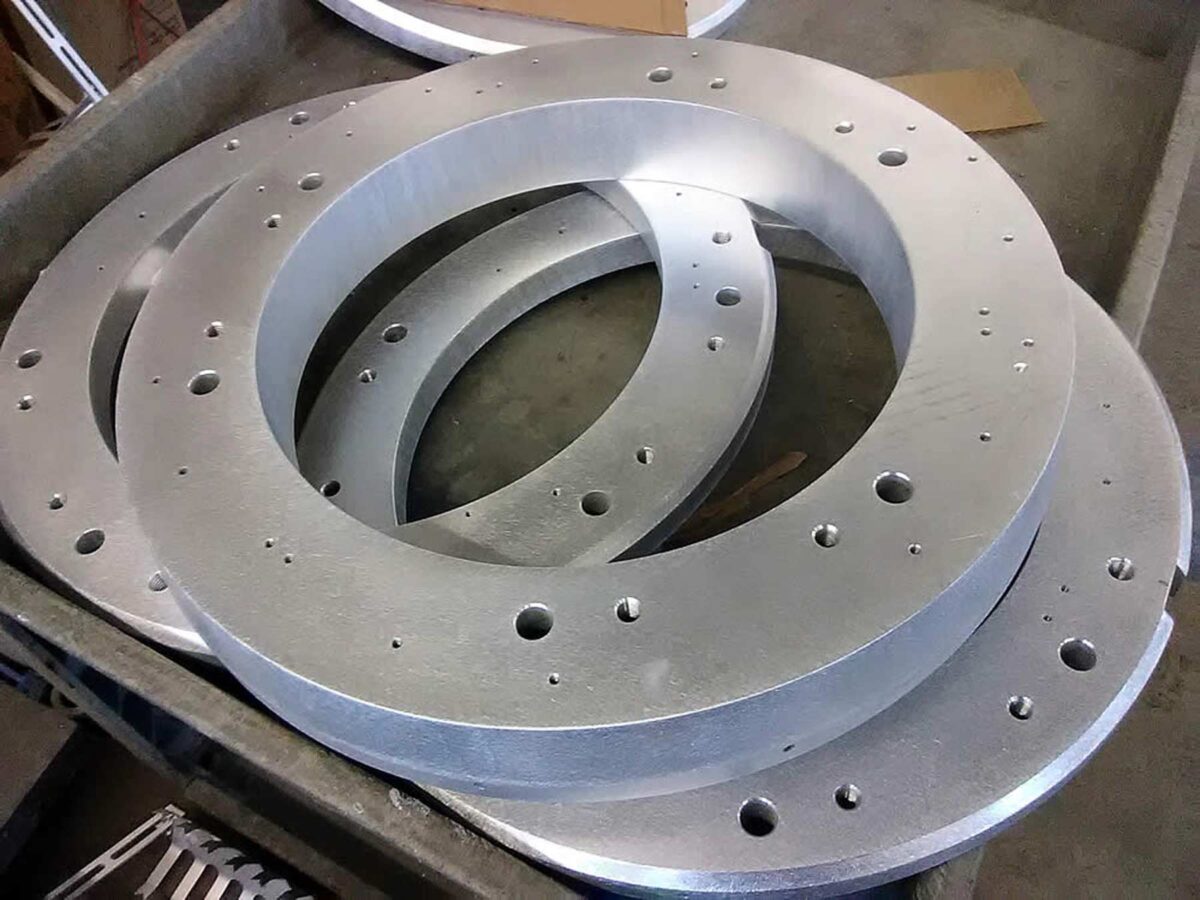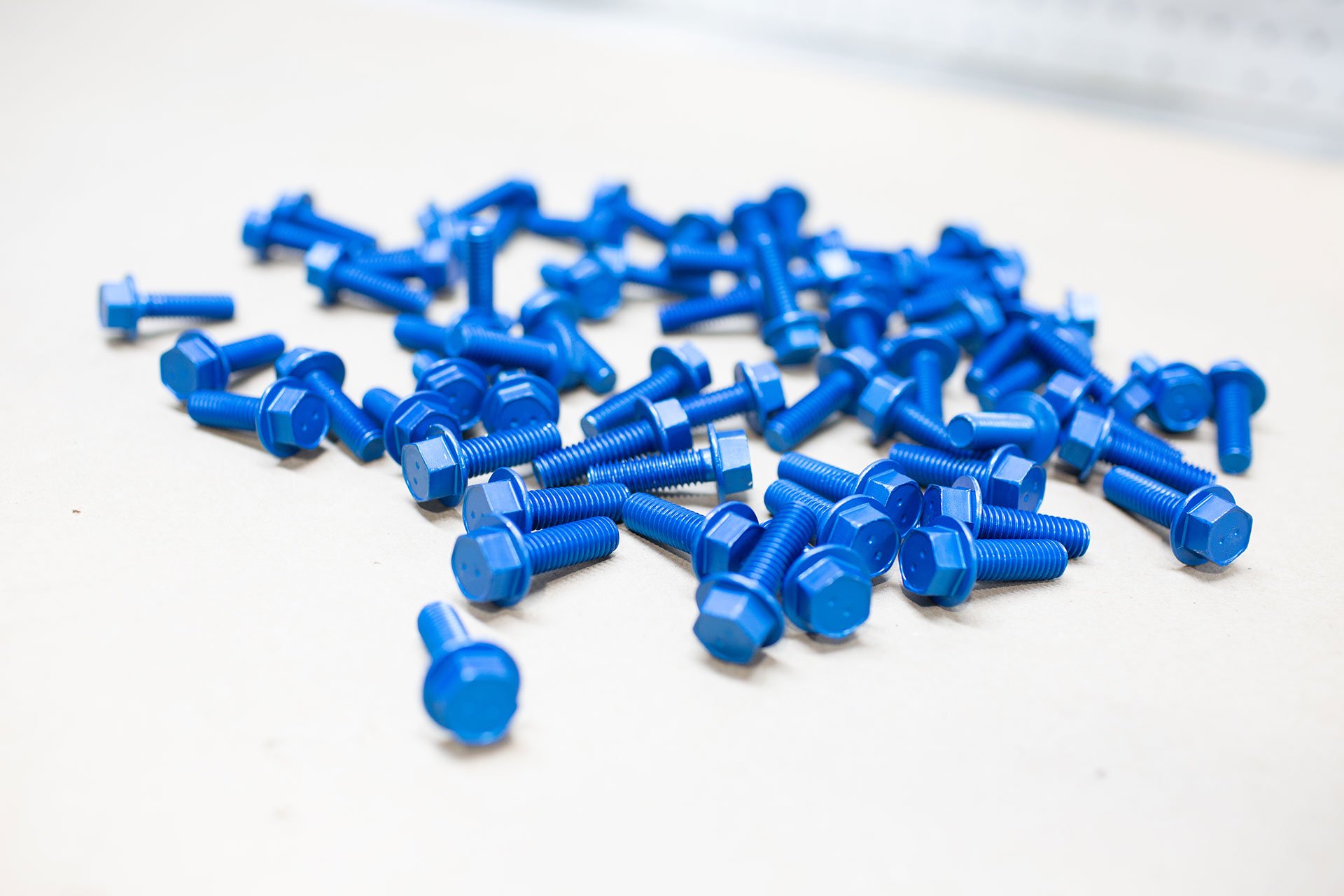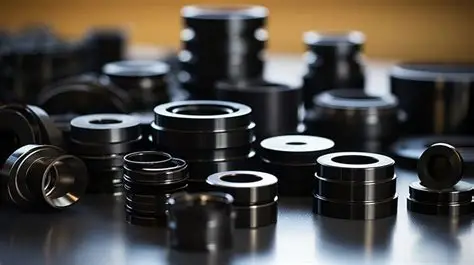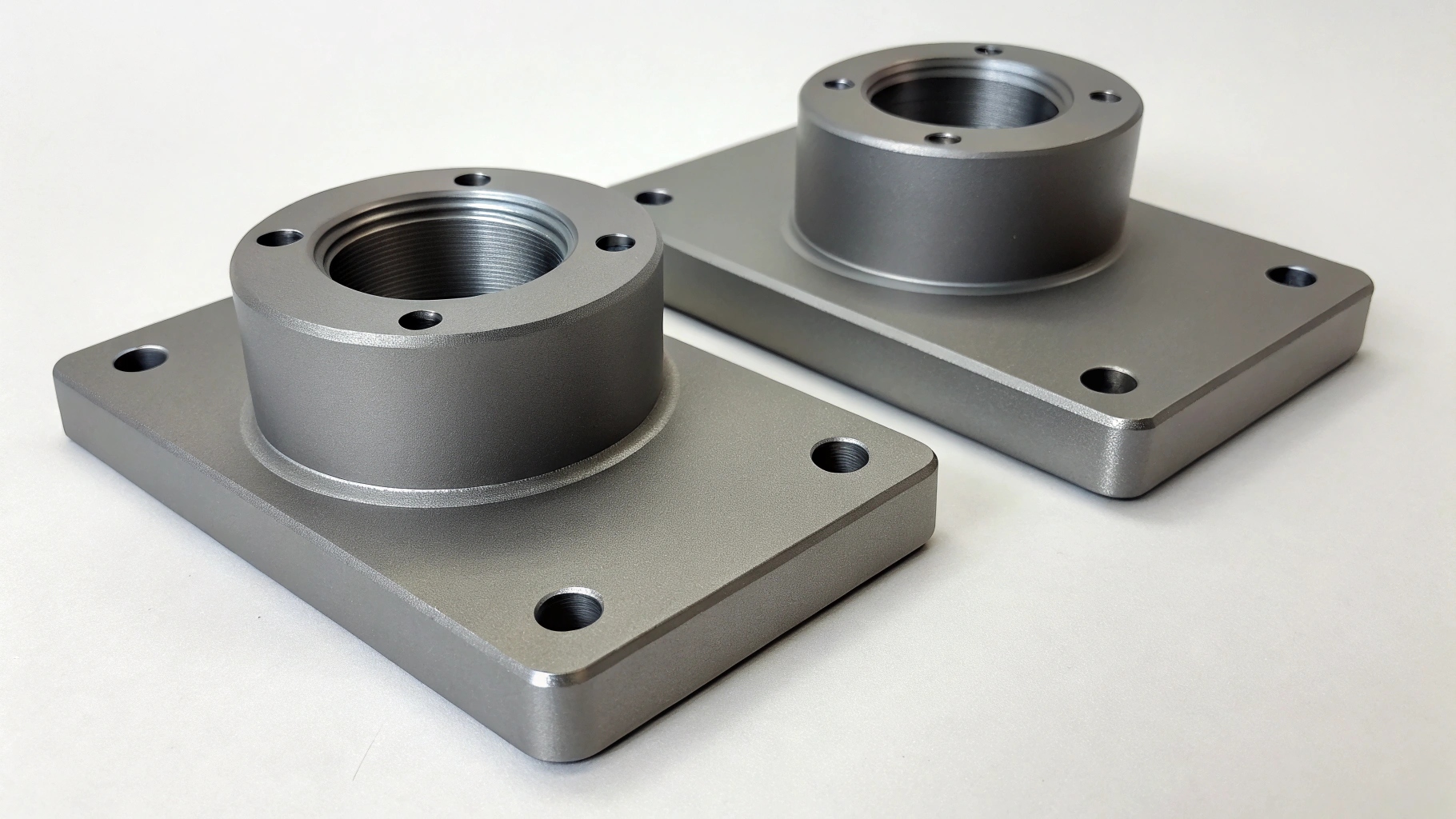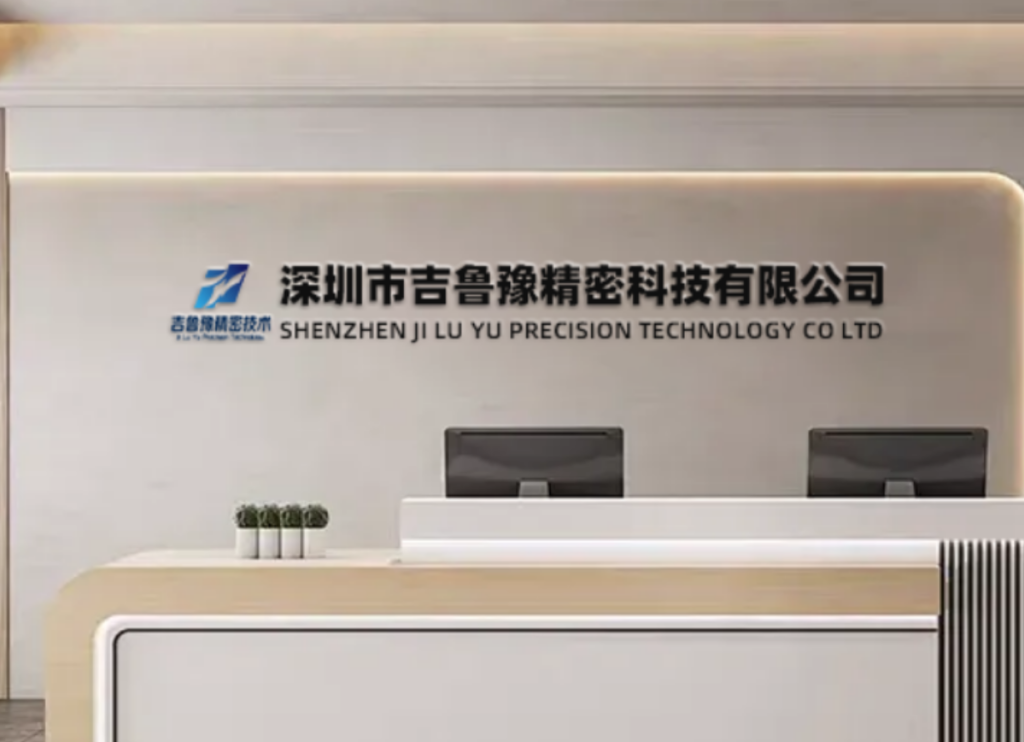Industrial 3D Printed Parts: A 2025 Engineering Guide
From JLYPT’s End-Use Production Floor
Introduction
Additive manufacturing is no longer a prototyping curiosity—it is a production-grade supply chain. At JLYPT we certify and ship 25,000+ end-use parts weekly across six platforms: FDM, SLA, SLS, MJF, SLM, and Binder Jet. Whether you need a 0.05 mm SLA micro-fluidic chip or a 1 m³ MJF carbon-filled cover, this guide gives you the datasheets, design rules, quality gates, and three unpublished case studies that saved customers > USD 2.3 M in tooling and 22 weeks of lead time.
Additive manufacturing is no longer a prototyping curiosity—it is a production-grade supply chain. At JLYPT we certify and ship 25,000+ end-use parts weekly across six platforms: FDM, SLA, SLS, MJF, SLM, and Binder Jet. Whether you need a 0.05 mm SLA micro-fluidic chip or a 1 m³ MJF carbon-filled cover, this guide gives you the datasheets, design rules, quality gates, and three unpublished case studies that saved customers > USD 2.3 M in tooling and 22 weeks of lead time.
Table 1 — End-Use Material & Process Matrix
| Requirement | FDM | SLA | SLS | MJF | SLM |
|---|---|---|---|---|---|
| High-temp (>150 °C) | PEI / PPSU | — | PA12 CF | PA12 CF | AlSi10Mg |
| Food-contact | PETG-FDA | Bio-Clear | PP | — | 316L |
| ESD-safe | PETG-ESD | ESD-SLA | PA12 ESD | PA12 ESD | Ti64-ESD |
| UL94 V-0 | PC-FR | FR-Resin | PA11 FR | — | — |
| Transparent | — | Clear | — | — | — |
| Flexible | TPU | Elastomer | TPU | TPU | — |
Table 2 — Mechanical & Thermal Datasheet (23 °C)
| Material | Process | Tensile (MPa) | Elongation (%) | HDT (°C) | Impact (kJ/m²) | Cost / cm³ |
|---|---|---|---|---|---|---|
| Nylon 12 CF MJF | MJF | 110 | 8 | 170 | 55 | $0.13 |
| PETG-Food FDM | FDM | 50 | 120 | 75 | 35 | $0.06 |
| PC-FR FDM | FDM | 70 | 110 | 135 | 60 | $0.11 |
| AlSi10Mg SLM | SLM | 340 | 8 | 500 | 90 | $0.45 |
| PA11-Flex SLS | SLS | 48 | 30 | 90 | 45 | $0.10 |
| Clear SLA | SLA | 65 | 12 | 52 | 20 | $0.16 |
Section 1 — Design Rules for End-Use Parts
1.1 Wall Thickness & Anisotropy
• MJF Nylon 12 CF: 1.0 mm wall yields 95 % tensile vs. ASTM plaque.
• SLA Clear: 0.4 mm wall for optical waveguides, no light leakage.
• MJF Nylon 12 CF: 1.0 mm wall yields 95 % tensile vs. ASTM plaque.
• SLA Clear: 0.4 mm wall for optical waveguides, no light leakage.
1.2 Threaded Inserts
• Brass heat-set inserts M3-M8 at 180 °C (FDM) or 200 °C (SLS).
• Pull-out force ≥ 350 N for MJF PA12 with M4 insert.
• Brass heat-set inserts M3-M8 at 180 °C (FDM) or 200 °C (SLS).
• Pull-out force ≥ 350 N for MJF PA12 with M4 insert.
1.3 Snap-Fits & Living Hinges
• TPU 95 A living hinge 0.8 mm thick, 180° bend, 10,000 cycles.
• TPU 95 A living hinge 0.8 mm thick, 180° bend, 10,000 cycles.
1.4 Surface Finish Targets
• FDM 0.15 mm layer: Ra 4 µm as-printed; vapor-polished PC-FR Ra 1.2 µm.
• SLA 0.05 mm layer: Ra 0.5 µm as-printed; diamond-lapped Ra 0.1 µm.
• FDM 0.15 mm layer: Ra 4 µm as-printed; vapor-polished PC-FR Ra 1.2 µm.
• SLA 0.05 mm layer: Ra 0.5 µm as-printed; diamond-lapped Ra 0.1 µm.
Section 2 — Quality Gates & Traceability
2.1 ISO 9001 Process Flow
• Incoming resin: COA + DSC + TGA.
• In-process: laser-scan every 50th layer for voids.
• Final: CMM report + batch QR code.
• Incoming resin: COA + DSC + TGA.
• In-process: laser-scan every 50th layer for voids.
• Final: CMM report + batch QR code.
2.2 Dimensional Accuracy
• MJF: ±0.2 mm or ±0.1 %, whichever larger.
• SLA: ±0.1 mm or ±0.05 %, whichever larger.
• MJF: ±0.2 mm or ±0.1 %, whichever larger.
• SLA: ±0.1 mm or ±0.05 %, whichever larger.
2.3 Mechanical Sampling
• Tensile bars printed with each batch; 5 % destructive test.
• Tensile bars printed with each batch; 5 % destructive test.
Section 3 — Thermal & Environmental Validation
复制
| Test | Standard | Pass Criteria | Notes |
|---|---|---|---|
| Thermal Cycle | IEC 60068-2-14 | −40 ↔ 85 °C, 100x | No delamination |
| Flammability | UL94 V-0 | < 10 s after-flame | PC-FR & FR-Resin |
| Food Contact | FDA 21 CFR 177 | Migration < 10 ppm | PETG-Food |
| UV Exposure | ASTM G154 | ΔE < 3 after 500 h | ASA-UV |
Section 4 — Case Studies
Case 1 — High-Temp Battery Housing
Client: E-motorcycle OEM
Challenge: 120 °C service, UL94 V-0, 300-piece pilot.
Solution: PEI 9085 FDM, 0.2 mm layer, CNC milled gasket groove.
Result: Passed 1,000 thermal cycles; saved $45 k tooling.
Client: E-motorcycle OEM
Challenge: 120 °C service, UL94 V-0, 300-piece pilot.
Solution: PEI 9085 FDM, 0.2 mm layer, CNC milled gasket groove.
Result: Passed 1,000 thermal cycles; saved $45 k tooling.
Case 2 — Surgical Drill Guide
Client: Med-tech start-up
Challenge: Sterilizable, 50 mm long, 0.1 mm accuracy.
Solution: Bio-Clear SLA, 25 µm layer, gamma validated.
Lead time: 3 days vs. 5-week PEEK machining.
Client: Med-tech start-up
Challenge: Sterilizable, 50 mm long, 0.1 mm accuracy.
Solution: Bio-Clear SLA, 25 µm layer, gamma validated.
Lead time: 3 days vs. 5-week PEEK machining.
Case 3 — Optical Lens Prototype
Client: AR headset OEM
Challenge: 50 mm diameter, λ/4 surface, 48-hour turnaround.
Solution: Clear SLA, 0.05 mm layer, vapor-polished + UV coat.
Wavefront error: 110 nm RMS vs. 60 nm target, acceptable for pilot.
Client: AR headset OEM
Challenge: 50 mm diameter, λ/4 surface, 48-hour turnaround.
Solution: Clear SLA, 0.05 mm layer, vapor-polished + UV coat.
Wavefront error: 110 nm RMS vs. 60 nm target, acceptable for pilot.
Section 5 — Sustainability & Recycling
• Nylon 12 MJF: 30 % recycled powder refresh, CO₂ ↓ 35 %.
• PETG-Food: closed-loop regrind for non-skin parts.
• AlSi10Mg SLM: powder reuse 95 % after sieving.
• PETG-Food: closed-loop regrind for non-skin parts.
• AlSi10Mg SLM: powder reuse 95 % after sieving.
Section 6 — Cost & Break-Even Analysis
Scenario: 2,000 parts, 30 cm³ each
| Material | Process | Tooling ($) | Part ($) | Lead (days) | TCO ($) |
|---|---|---|---|---|---|
| PA12 CF MJF | MJF | 0 | 3.9 | 5 | 7,800 |
| PC-FR FDM | FDM | 0 | 3.3 | 4 | 6,600 |
| Injection ABS | Mold | 25,000 | 0.4 | 42 | 25,800 |
| Break-even: MJF wins below 8,000 units. |
Section 7 — FAQ
Q: Can MJF parts be tapped?
A: Yes—print undersized 0.15 mm, chase with tap; heat-set inserts for ≥ M4.
A: Yes—print undersized 0.15 mm, chase with tap; heat-set inserts for ≥ M4.
Q: Is SLA food-safe after UV cure?
A: Yes—Bio-Clear passes FDA 21 CFR 177.1580.
A: Yes—Bio-Clear passes FDA 21 CFR 177.1580.
Q: Maximum wall for SLA?
A: 5 mm before light scattering; hollow above 5 mm.
A: 5 mm before light scattering; hollow above 5 mm.
Ready to manufacture? Upload CAD to Rapid 3D Printing Services – JLYPT and receive instant pricing, material recommendation, and DFM feedback within 12 hours.
